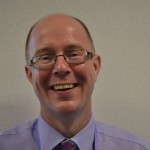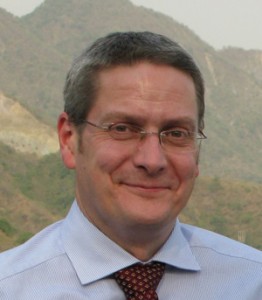
Depute Head, Mr Macluskey
Some parents have been in touch to say that they’re not sure how to use the senior-phase options form. The parent council spoke to Mr Macluskey (Depute Head School Improvement) and asked him to take us through the form.
What do the initials ‘AH, ‘H’ and ‘Nat 3-5 & WA’ stand for?
- ‘AH’ stands for Advanced Higher — the old CSYS.
- ‘H’ simply stands for Higher.
- ‘Nat 3-5’ are the pre-Higher ‘National’ 3, 4 and 5 qualifications.
- ‘WA’ stands for wider achievement.
How many subjects should children choose?
- Pupils in S3 going into S4 will study seven subjects, including mandatory Maths and English (not on the form). They should choose a subject from each column.
- Pupils in S4 going into S5 should also choose five options
- Pupils in S5 going into S6 should choose four options, UNLESS they are studying three Advanced Highers. In that case they should choose three subjects.
Can my child choose any subject he or she likes?
Not quite. Here’s a guide:
- S4 — normally an S3 pupil going into S4 wouldn’t choose any Highers. He or she would choose five optional subjects from this form. The bit that’s most unfamiliar to parents is probably column 5, from which the pupils choose either a ‘Wider Achievement’ award or a 7th National 5 option (as long as they meet the criteria set out on the form).
- S5 – pupils going into S5 no longer need to take mandatory Maths and English. They can choose from any National qualification or Higher, but not usually Advanced Higher.
- S6 – can choose from any of the subjects.
Don’t worry about choosing the right level (3, 4 or 5) for the National qualifications. You just need to choose the subject. The school will know, based on your child’s performance so far, at which level they should take any given subject.
What happens if my child doesn’t get into one of their first choices?
If that happens, we do what we call a ‘re-coursing’ interview with your child. We’ll sit down with him or her, talk through the available options, look at how the reserve course fits in with their other options and with their plans for the future, and help them build a plan for their senior phase that fits their needs.
Why does the last column on the right look different to the others?
The bottom cell in this column contains two different types of qualifications:
- The ‘wider achievement’ options. These are modules that give pupils the chance to develop a range of applied skills.
- Full National 4 and National 5 courses.
So what do the characters in brackets after each option mean?
After most of the options in the last cell, right-hand column, there are some characters in brackets. These mean the following:
- (S5/6) — these courses are only open to S5/6 pupils, not S4 pupils. Because they no longer take mandatory Maths and English, S5/6 pupils have enough time to study optional subjects, whereas S4 pupils don’t.
- (N4/N5) — these are full national level qualifications at the level indicated.
- (L6) — these courses are pitched at Higher level (also called level 6), but aren’t a full higher course.
What if my child really needs a subject, but didn’t get into it this year?
We’ll do our best to make sure he or she gets to take it next year.
Any parents who have questions about the options form are welcome to contact Mr Macluskey directly at DAMacluskey@pkc.gov.uk.
In case you missed the link above, you can find a PDF of the senior-phase options form on the school website:
http://www.breadalbane.pkc.sch.uk/BA/wp-content/uploads/2015/02/Senior-Options.pdf

